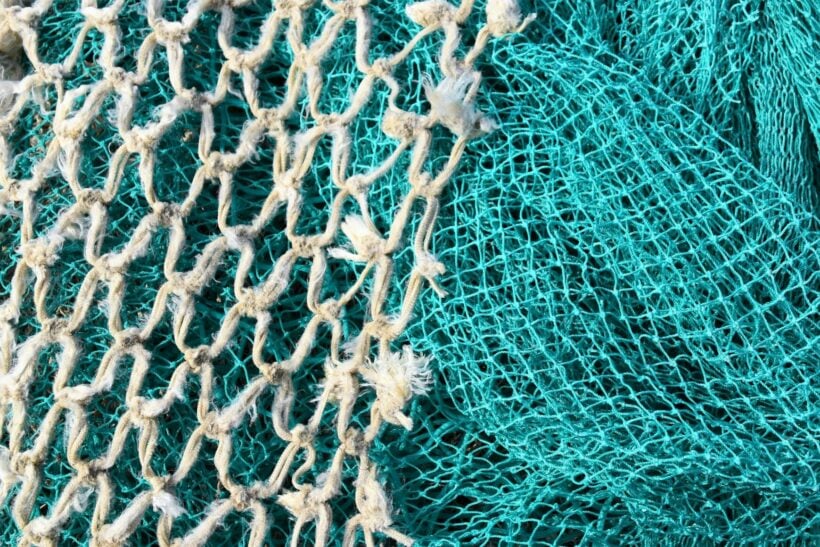Rights groups urge United States to ban fishing nets made by Thai prisoners

A December investigation by the the Thomson Reuters foundation discovered that jails across Thailand are illegally forcing prisoners to make fishing nets for private companies, including those that export to the United States. Former prisoners Reuters interviewed said guards beat them, disallowed them to shower, and pushed back their release dates if they didn’t meet strict targets. Now, Thai and international rights groups urge the United States to halt imports of nets made in prison labour.
Last week, a coalition of 31 Thai and international groups submitted a petition calling to halt nets made from prison labour by the Khon Kaen Fishing Net, and Dechapanich Fishing Net. KKF said it would cut ties with any prisons found using forced labour. A KKF official told Reuters he feared a United States ban would cause job losses in Thailand. He said there might only be one or two prisons that acted inappropriately, and the company has asked Thailand’s Corrections Department to come up with a standard pay rate for net making prisoners. The KKF said it only sold prison-made nets in Thailand and Southeast Asia, and not the United States.
Dechapanich did not respond to Reuters’s multiple requests for comment. The two companies make many shipments to the United States, including to Trident Seafoods, the United States’s biggest seafood company in 2019 and 2020. Like Dechapanich, Trident Seafoods also didn’t respond to multiple requests for comment.
Thailand’s prison work program was originally meant to help give prisoners job training for when they were released.
The US Tarrif Act bars goods made through forced prison labour from entering the country. A US Customs and Borders Protection spokesmen told Reuters the agency has the right to issue detention orders against these goods and prevent their sales in markets.
Latest Thailand News
Follow The Thaiger on Google News:


























